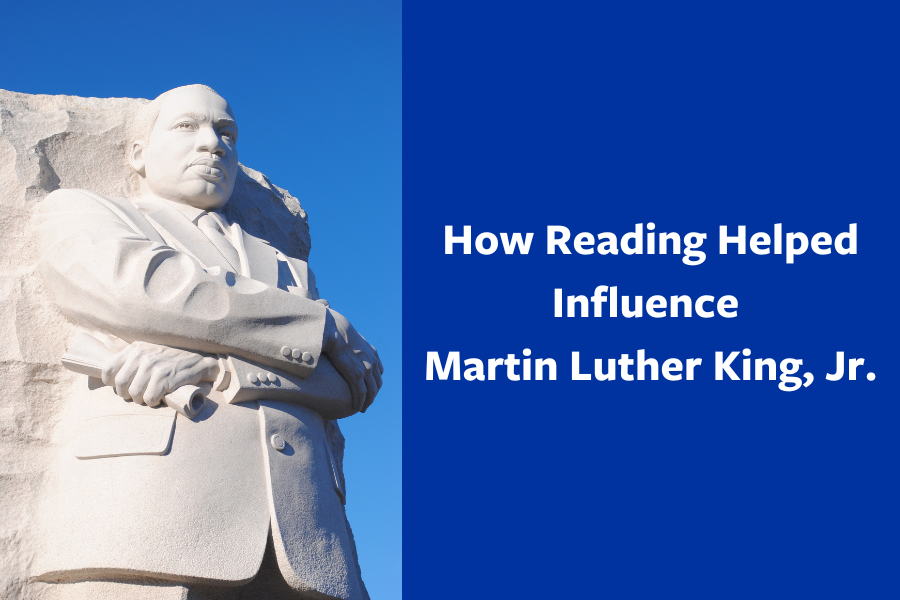Dr. Martin Luther King Jr. remains an emblematic figure in the annals of civil rights history, most notably for his unwavering advocacy of nonviolent resistance against systemic oppression. His legacy is multifaceted and resonates powerfully within various ideological frameworks, including the teachings of the Bahá’í Faith. This convergence represents a rich tapestry of beliefs and practices that not only complement each other but also enhance the understanding of justice and equality. The following exploration delves into the myriad ways in which King’s philosophy intersects with Bahá’í teachings, elucidating profound insights that extend beyond popular discourse.
The Bahá’í Faith, a relatively recent religion founded in the mid-19th century by Bahá’u’lláh, emphasizes the unity of humanity and the interconnectedness of all religions. This concept of universal oneness is foundational in both Bahá’í philosophy and King’s ideology. King famously asserted that “injustice anywhere is a threat to justice everywhere,” a statement that echoes Bahá’í teachings about the indivisibility of humanity. Bahá’u’lláh posited that the time had arrived for a fundamental shift in global consciousness, urging humanity to recognize its shared identity. This synergistic belief forms a cornerstone for collective action against oppression, transcending the barriers of race, creed, and nationality.
Moreover, the Bahá’í emphasis on justice dovetails seamlessly with King’s moral philosophy. The scriptures of the Bahá’í Faith advocate for “absolute justice,” a principle that resonates deeply in King’s vision of social transformation. While King championed civil disobedience as a mechanism for achieving social justice, he ensconced this within a framework of ethical responsibility. Similarly, Bahá’í teachings articulate that justice is not merely the absence of injustice but encompasses a proactive effort to eradicate inequalities. This alignment illuminates the necessity of pursuing justice through peaceful means—a sentiment King articulated through his dedication to nonviolence.
Importantly, the concept of love as a transformative force occupies a pivotal space in both King’s teachings and Bahá’í scripture. King’s philosophy of agape, or unconditional love, encouraged individuals to embrace their foes, fostering a spirit of reconciliation. The Bahá’í Faith similarly envisions love as an essential catalyst for social change. ‘Abdu’l-Bahá, the son of Bahá’u’lláh and a torchbearer of the Faith, emphasized that love must be the driving force behind the establishment of justice and unity. This intersection reveals a profound understanding of human agency; love, rather than mere ideology, can motivate individuals to transcend personal grievances and work collectively toward a more just society.
Another crucial point of convergence pertains to King’s understanding of the systemic nature of racism and injustice. In his landmark “I Have a Dream” speech, King articulated a vision where racial harmony prevailed, yet he simultaneously acknowledged the entrenched societal structures that perpetuated discrimination. The Bahá’í teachings advocate for the elimination of prejudices of all forms as an essential step toward global harmony. Bahá’í literature delineates clear admonitions against racism, positing it as a deeply entrenched societal ailment that threatens the very fabric of human society. Both King and Bahá’í teachings prompt introspection regarding the individual’s role in dismantling such oppressive systems; change begins within, cascading outward into the larger social milieu.
Furthermore, the moral and spiritual dimensions of King’s teachings provide fertile ground for exploring Bahá’í perspectives on spiritual development. King believed that the struggle for civil rights was inextricably linked to the quest for spiritual fulfillment. He often underscored the importance of cultivating an inner life that aligns with the principles of justice and equality. This sentiment resonates with Bahá’í doctrine, which asserts that the pursuit of truth and spiritual growth is vital for humanity’s progress. The Bahá’í teachings encourage individuals to develop virtues such as compassion, honesty, and humility—attributes that are not only essential for personal development but also for fostering a just society.
Even the methodology employed by King in his activism offers parallels with the Bahá’í approach to social transformation. Both emphasize the importance of education and dialogue as vehicles for change. King advocated for educational initiatives to combat ignorance and promote understanding among disparate communities. Similarly, Bahá’í teachings stress the power of education in dismantling prejudices, as well as fostering a culture of peace and mutual respect. This emphasis on enlightenment underpins the overall framework for social action, suggesting that informed individuals are more capable of advocating for justice and challenging the status quo.
In conclusion, the intersection of Dr. Martin Luther King Jr.’s teachings with the Bahá’í Faith provides a rich landscape of philosophical and practical insights that continue to resonate. Both emphasize a profound commitment to justice, love, and the unity of humanity, creating an enduring framework for social transformation. Exploring these intersections unveils not only the multifaceted nature of King’s legacy but also the timeless relevance of Bahá’í principles in addressing contemporary societal challenges. By engaging deeply with these teachings, individuals can gain a comprehensive understanding of their roles as agents of change in a complex world, fostering a more just and loving global community.
